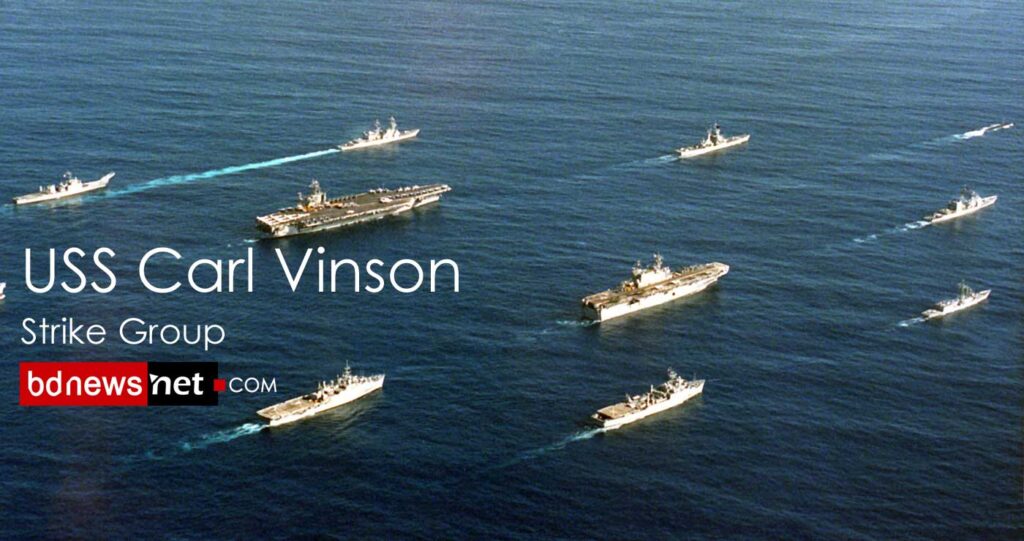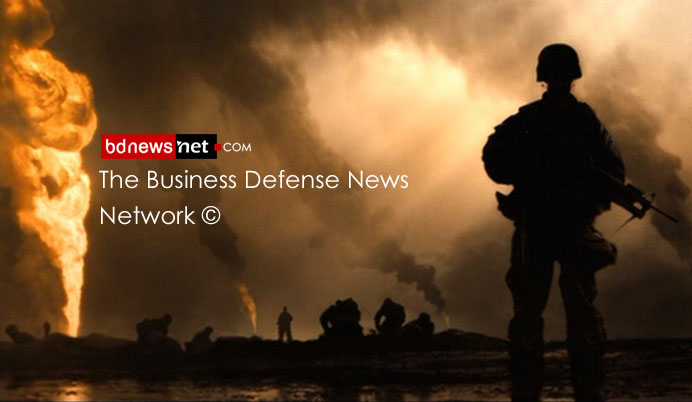After taking the presidency Donald j Trump want to re shape the relation with china in many ways . In recent actions he sent USS Carl Vinson (CVN-70) the third United States Navy Nimitz-class supercarrier in south china sea for a tour .
The Nimitz-class aircraft carrier USS Carl Vinson, together with aircraft from the Carrier Air Wing (CVW) 2, and the Arleigh Burke-class guided-missile destroyer USS Wayne E. Meyer started “routine operations in the South China,” the US Navy announced.
President Donald Trump may reverse an Obama administration by challenging Chinese claims in the South China Sea
After The deployment China issued a stern warning to stay away from the area.
“China has indisputable sovereignty over the South China Sea islands and their adjacent waters,” China’s Foreign Ministry spokesman Geng Shuang said Wednesday. “China respects and upholds the freedom of navigation and overflight in the South China Sea which countries enjoy under international law, but firmly opposes any country’s attempt to undermine China’s sovereignty and security in the name of the freedom of navigation and overflight.”
The strike group’s commander, Rear Admiral James Kilby, said that weeks of training in the Pacific had improved .the group’s effectiveness and readiness
“We are looking forward to demonstrating those capabilities while building upon existing strong relationships with our allies, partners and friends in the Indo-Asia-Pacific region,” he was quoted as saying by the Navy News Service.
The operations consist of simply sailing ships within 12 miles of land features in the South China Sea that China claims. The operations, as their name implies, completely observe all international law and exist mainly to assert the right of the US, or any nation, to sail in international waters
China lays claim to almost all of the resource-rich South China Sea, through which about US$5 trillion worth of trade passes each year. Brunei, Malaysia, the Philippines, Taiwan and Vietnam also claim parts of the waters that command strategic sea lanes and have rich fishing grounds, along with oil and gas deposits.



